১০ ফাল্গুন ১৪৩২
How Many Houses and Flats Are There in Begumpara, Canada?
06 October 2025 17:10 PM
NEWS DESK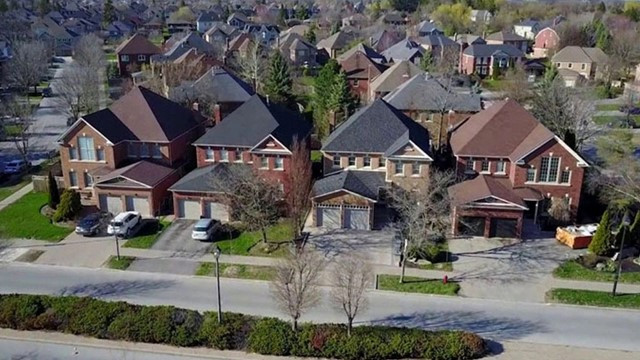
The issue of Bangladeshis owning properties in Canada’s so-called “Begum Para” first came into public discussion after 2020. Although that year was dominated by concerns surrounding the coronavirus pandemic, by the end of it, the topic of Begum Para had sparked major controversy in Bangladesh.
It was revealed that many government officials, businessmen, and politicians, who had amassed huge wealth through corruption, had sent their wives and children to live in Canada. The revelations caused an uproar both in Canada and Bangladesh.
On 18 November, 2020, at a programme organized by the Dhaka Reporters Unity (DRU), then–Foreign Minister Dr. A.K. Abdul Momen commented on the Begum Para issue, saying, “I inquired about it in Canada and found some preliminary truth. I thought there would be more politicians involved, but there are only four. The majority are government officials, along with some businessmen. If someone has legally transferred money abroad, there is no objection. But if anyone has laundered money illegally, action will be taken.”
This remark brought the issue to the center of public attention. The Anti-Corruption Commission (ACC) asked the government for a list of 28 individuals to initiate immediate action. On 23 November that year, following a Cabinet meeting, then–Cabinet Secretary Khandker Anwarul Islam said, “The Ministry of Foreign Affairs and other investigative agencies are working on identifying those involved in money laundering abroad.”
Subsequently, the High Court sought detailed information on individuals who had laundered money overseas. On 17 December, 2020, the ACC, the Criminal Investigation Department (CID), and the National Board of Revenue (NBR) submitted reports to the High Court regarding the issue. The ACC reported that over 100 individuals had laundered about Tk 2,500 crore. However, the court was not satisfied. The High Court then gave the agencies until 28 February of the following year to submit detailed information on those who had built illegal houses and purchased properties in countries like Canada. Soon after, the matter was quietly buried. The writ petition was discreetly removed from the High Court’s list—apparently under invisible pressure—because many of those accused of laundering money to Canada were close to the center of state power. Thus, the discussion was silenced under pressure from the then government.
Bangladesh Pratidin has obtained the list of 28 names compiled by the Ministry of Foreign Affairs in 2020. Most of the names are those of former bureaucrats.
Among them, Dr. Ahmad Kaikaus, former Principal Secretary to the Prime Minister, owns four houses in Montreal and Toronto; Abu Alam Shahid Khan, a 1982-batch officer and former Local Government Secretary (currently in custody), owns a house in Toronto, Abul Kalam Azad, another 1982-batch officer and former Principal Secretary to the Prime Minister, owns three flats in Toronto; Nojibur Rahman, former Principal Secretary and former NBR Chairman (currently imprisoned), owns two luxurious houses in Mississauga, Alauddin Nasim Chowdhury, former Protocol Officer to the Prime Minister (1986 batch), owns a luxury apartment in Canada, M. Helal Uddin, former secretary, owns five flats in Toronto and Montreal, Dr. Iqbal Mahmood, former ACC chairman, owns three houses in Canada, Mohibul Haque, former aviation secretary, owns three apartments in Canada; Fazle Kabir, former secretary and former Bangladesh Bank governor, owns two flats in Montreal; Abdur Rouf Talukder, former secretary and Bangladesh Bank governor, owns five houses and flats in Toronto; Syed Monjurul Islam, former secretary, owns three houses in Montreal; Jahangir Alam, former secretary, owns two houses in Canada; M. Niaz Uddin, former secretary, owns two houses and a farmhouse; Proshanta Kumar Halder, former secretary, owns three flats; Nafis Sarafat, owns four flats and multiple investments; Sahid Islam Papul, owns three houses and other investments; Tanvir Imam, former MP, owns two flats; Motiur Rahman, NBR officer, owns three houses; Naimul Islam Khan, former Press Secretary to the Prime Minister, owns one flat; Nazrul Islam Majumder, Chairman of Nassa Group, owns four houses and other investments; Shamim Osman, owns one house; Benazir Ahmed, former Inspector General of Police, has two houses under his daughter’s name; Justice S.K. Sinha, former Chief Justice, has one flat under his daughter’s name; Shahriar Alam, former State Minister for Foreign Affairs, owns three houses and investments.
The list also includes several businessmen, many of whose family members reside in Canada.
Among the businessmen, one particularly controversial figure stands out. He and his family reportedly own assets worth around Tk20,000 crore in Canada. Wives and children of many influential Bangladeshi government officials, businessmen, and politicians have become residents of cities like Toronto, Montreal, and Ottawa, living lavishly.
According to Bangladeshi expatriates, most Bangladeshis who have purchased houses or flats in Canada are accused of having laundered money illegally. After the fall of the Awami League government, the presence of these money launderers in Canada has noticeably increased. Previously, they would visit Canada once or twice a year for leisure, but now many stay there for months. Not only that—since 5 August, over a hundred more Bangladeshis have sought refuge in Canada.
According to the Canadian government, between 5 August and last July, 231 Bangladeshis applied for political asylum in Canada. Among them are politicians, bureaucrats, police officers, and diplomats. Bangladeshi expatriates in Canada say that although these individuals have no visible legal sources of income, they are living like royalty there—creating resentment among long-term Bangladeshi residents in the country.




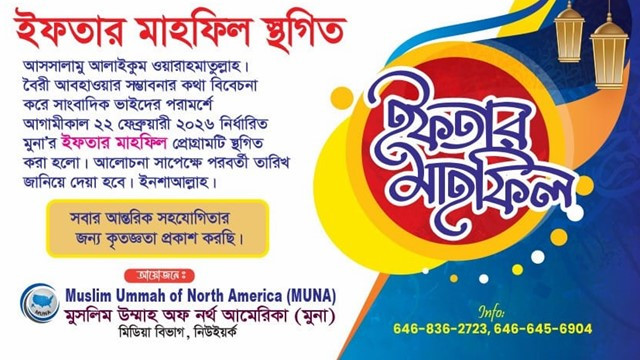
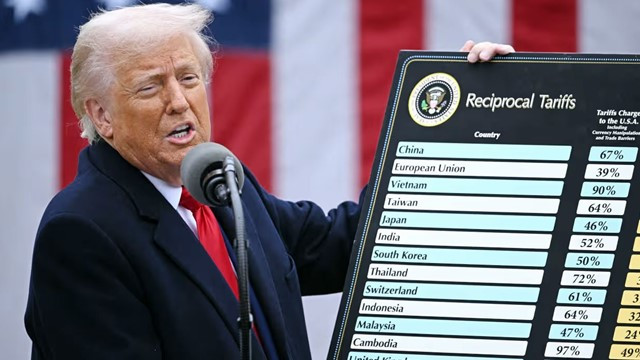
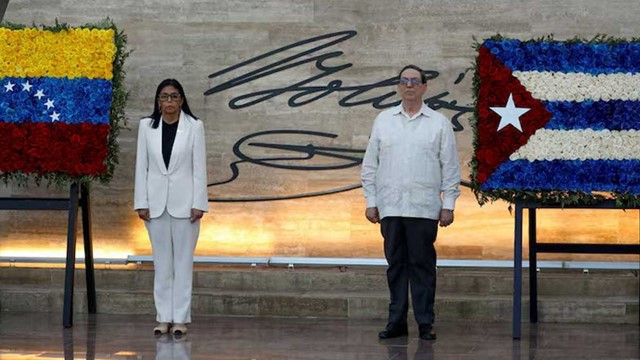

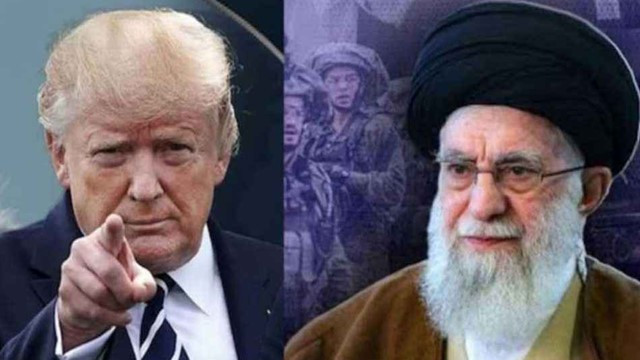
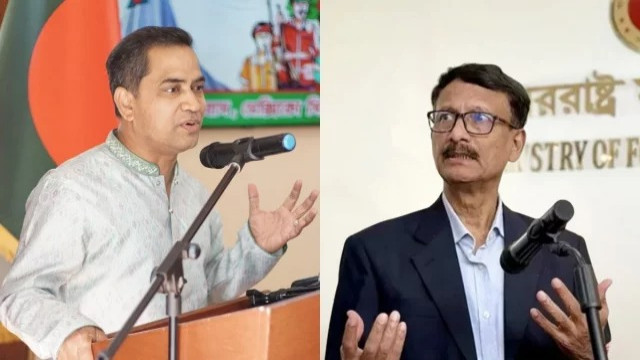
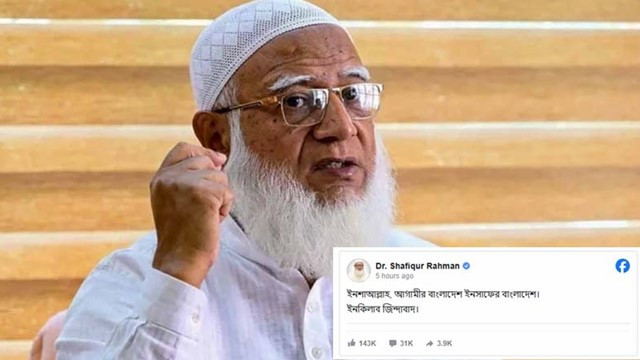
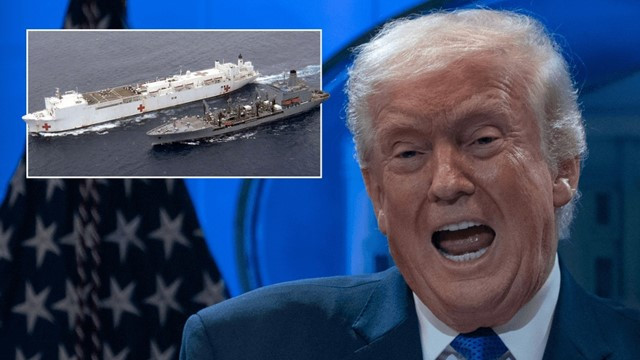
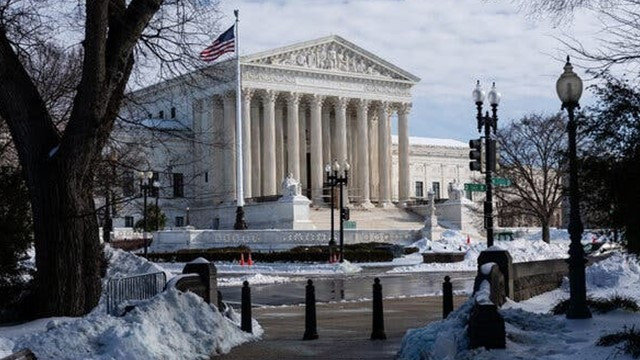
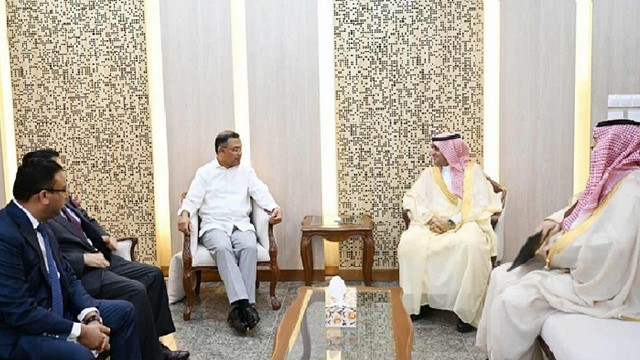

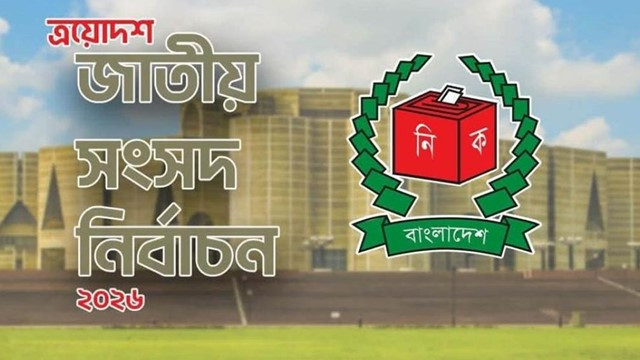
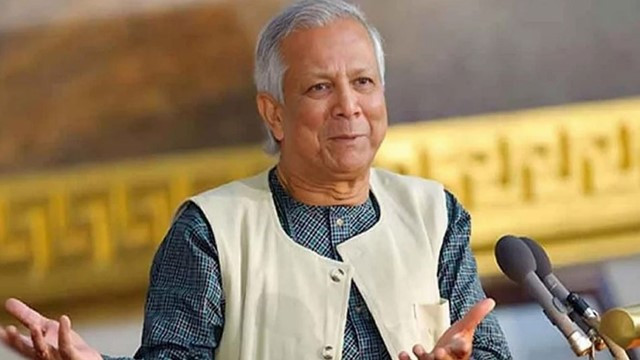
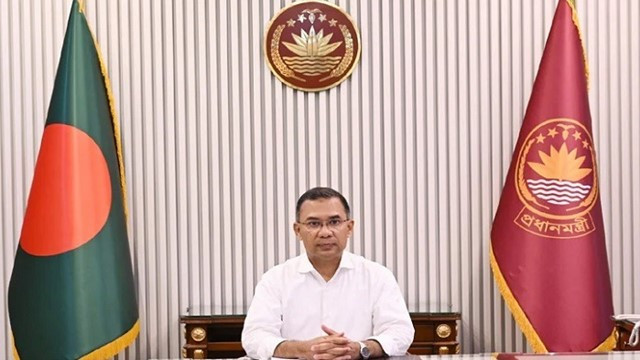
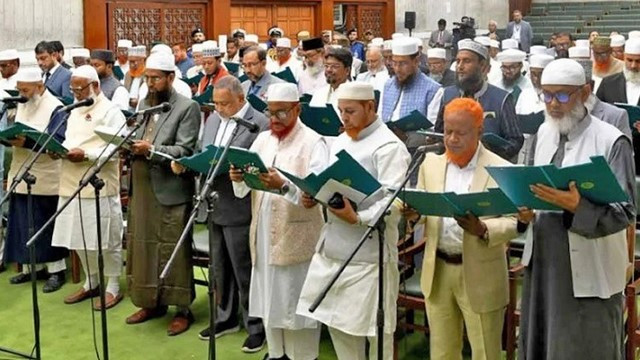
Comments Here: